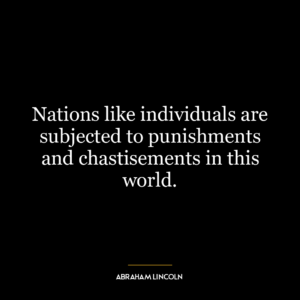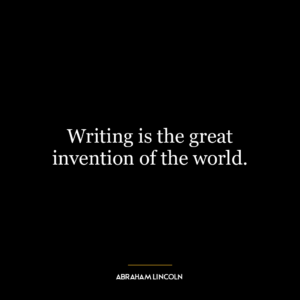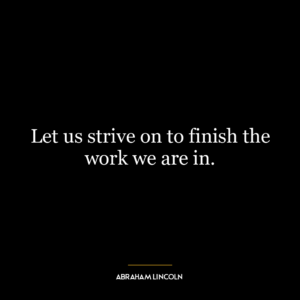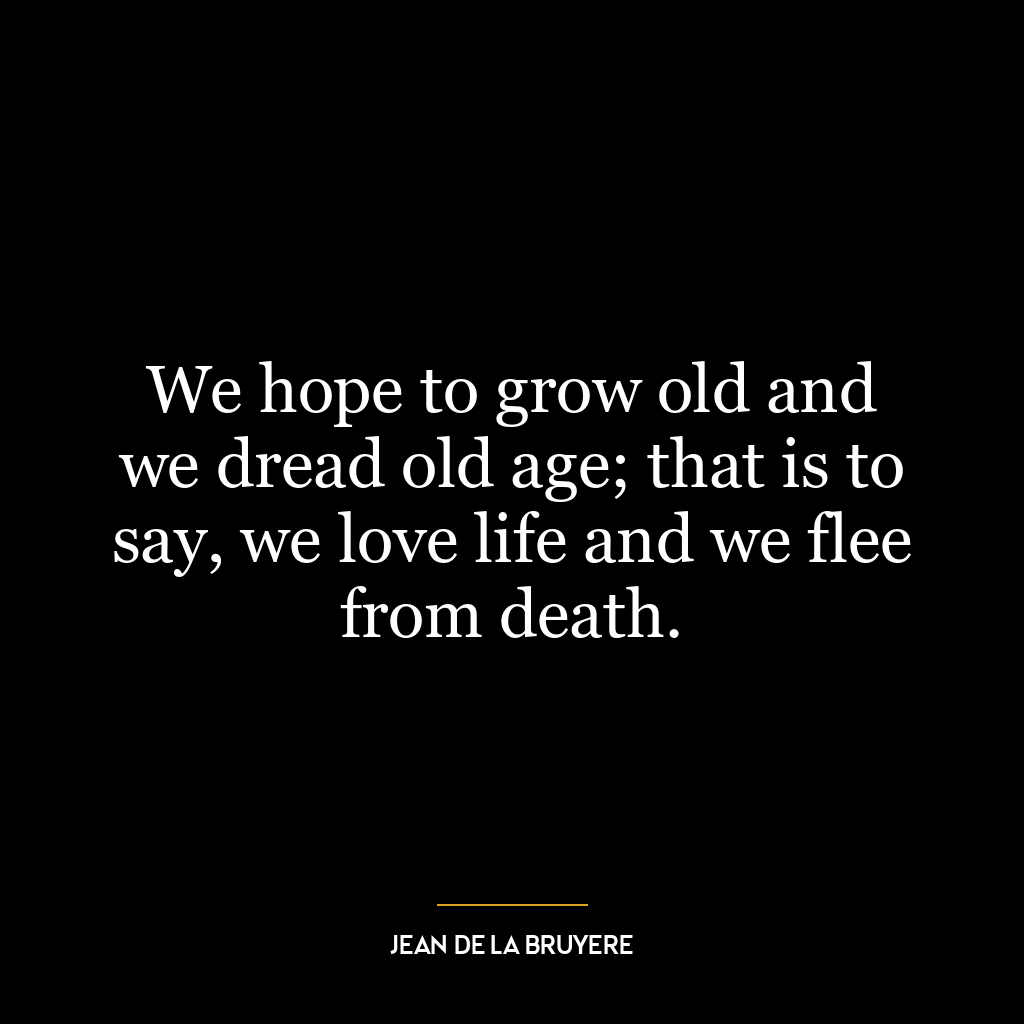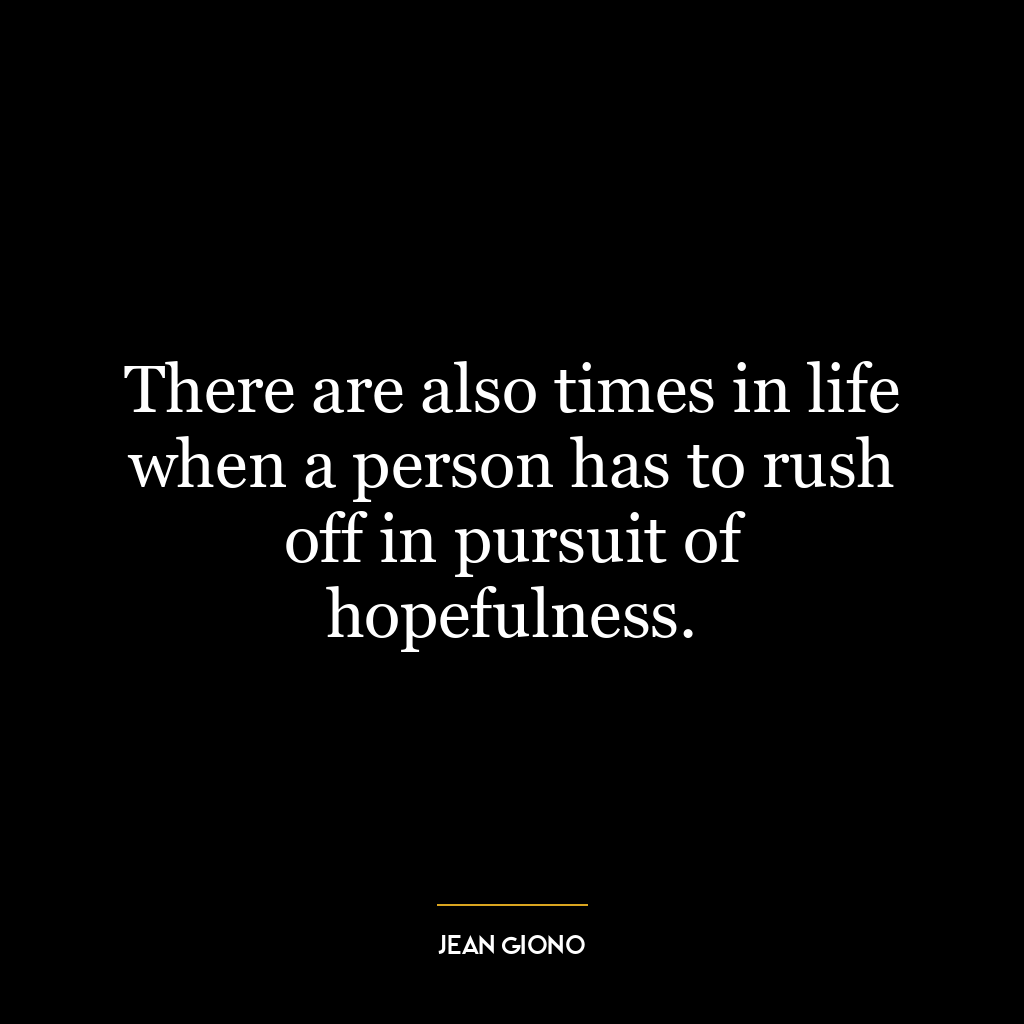Fondly do we hope, ferverently do we pray, that this mighty scourge of war may speedily pass away.
This quote reflects a deep yearning for peace and an end to the devastating effects of war. It conveys the hope that the “scourge of war” – a term that likens war to a whip used for punishment or torture – will soon be over. The use of the words “fondly” and “fervently” emphasizes the intensity of this desire, suggesting a passionate, heartfelt wish rather than a mere passing thought. This is not a detached, analytical view of war, but a deeply emotional plea for its end.
In the context of today’s world, this quote is a reminder of the universal human desire for peace. Despite the complexities of global politics and the often overwhelming challenges we face, the fundamental wish for an end to conflict is something that unites people across cultures and continents. It reminds us that peace is not just a political goal, but a deeply human one, rooted in our shared desire for safety, stability, and the freedom to live our lives without fear.
On a personal level, this quote might inspire us to reflect on the conflicts in our own lives – whether they are disagreements with loved ones, disputes at work, or internal struggles within ourselves. Just as Lincoln expressed a fervent hope for the end of war, we too can cultivate a deep desire for resolution and peace in our personal lives. This might involve seeking compromise, practicing forgiveness, or working to better understand and empathize with others.
Moreover, the quote also speaks to the power of hope and prayer, or more broadly, the power of positive intention and desire. In a world often characterized by cynicism and despair, Lincoln’s words remind us that hope and fervent desire can be powerful forces for change. Whether we’re hoping for global peace or personal growth, the first step is to allow ourselves to “fondly hope and fervently pray” for the change we wish to see.





